-
Description
Cefaclor is a second-generation cephalosporin antibiotic that exerts its bactericidal effect by inhibiting the synthesis of the bacterial cell wall. It specifically targets penicillin-binding proteins (PBPs), which are essential for cross-linking peptidoglycan strands in the bacterial cell wall. By binding to PBPs, Cefaclor disrupts the final stages of cell wall synthesis, leading to the weakening and eventual lysis of the bacterial cell. This mechanism of action is effective against a wide range of bacteria, including both gram-positive and gram-negative organisms, by interfering with their ability to maintain structural integrity and causing bacterial cell death.
-
Ingredients
Cefaclor 50mg
-
Drug Class
Cephalosporin antibiotic
-
Dosage Form
Drop
-
Uses
The following are the uses of Cefaclor 50mg Drop:
- Used for treating bacterial infections in children, such as ear infections, throat infections, and respiratory tract infections.
- Used for managing skin and soft tissue infections, providing effective relief.
- Used for combating bacterial strains like Streptococcus and Staphylococcus, ensuring comprehensive coverage.
- Used for alleviating symptoms of bacterial-induced illnesses, promoting a speedy recovery.
- Used for addressing urinary tract infections, offering targeted treatment.
- Used for preventing the progression of minor infections into more severe conditions, acting as a proactive measure.
- Used for ensuring the well-being of children by effectively eliminating harmful bacteria.
-
In case of Overdose
In the case of an overdose of Cefaclor 50mg Drops, prompt medical attention is necessary. Symptoms of an overdose may include nausea, vomiting, stomach pain, and diarrhea. The severity of these symptoms can vary depending on the amount ingested. It is crucial to contact a healthcare professional or poison control center for guidance on managing the overdose and to provide appropriate medical care to mitigate potential health risks associated with excessive Cefaclor intake.
-
Missed Dose
In the case of a missed dose of Cefaclor 50mg Drops, administer the missed dose as soon as you remember. However, if it’s almost time for the next scheduled dose, skip the missed dose and continue with the regular dosing schedule. Do not double the dose to make up for a missed one. If you’ve missed multiple doses, contact your healthcare provider for guidance on how to proceed. It’s important to maintain a consistent dosing routine for the medication to be most effective.
-
How To Use
To administer Cefaclor 50mg Drops, gently squeeze the desired dose into the child’s mouth or mix it with a small amount of liquid or soft food, ensuring the entire dose is consumed.
-
When Not to Use
Following are the conditions or situations when Cefaclor 50mg Drops should not be used:
- Do not use if the patient has a known allergy to Cefaclor or any other cephalosporin antibiotics.
- Contraindicated in patients with a history of severe allergic reactions to penicillin.
- Should not be used if the patient has a history of cholestatic jaundice/liver problems associated with Cefaclor use.
- Not suitable for patients with gastrointestinal diseases, especially colitis.
- Avoid in patients with severe renal impairment, as dosage adjustment is necessary.
- Do not use if the patient is less than 1 month old, as safety and efficacy have not been established in this age group.
- Contraindicated during breastfeeding, as Cefaclor can pass into breast milk and may cause adverse effects in the nursing infant.
-
Side Effects
The possible side effects of Cefaclor 50mg Drops are:
- Nausea and vomiting
- Diarrhea
- Abdominal pain
- Skin rash or itching
- Allergic reactions (hives, swelling, difficulty breathing)
- Vaginal itching or discharge
- Dizziness or headache
- Fatigue
-
Precautions & Warnings
Following are the precautions and warnings for Cefaclor 50mg Drops:
- Not recommended for individuals with a known allergy to Cefaclor or other cephalosporin antibiotics.
- Must be used with caution in patients with a history of severe allergic reactions to penicillin, as cross-reactivity may occur.
- Patients with kidney or liver disease should be monitored closely, as dosage adjustments may be necessary.
- Prolonged use may lead to the overgrowth of resistant microorganisms, especially Clostridium difficile, which can cause severe diarrhea.
- Should be used with caution in premature or newborn infants due to the risk of bilirubin encephalopathy.
- Cefaclor may cause false-positive results in certain urine glucose tests, so alternative methods should be considered for monitoring glucose levels.
- Discontinue use and consult a doctor if you develop a severe rash, persistent diarrhea, or other signs of allergic reaction.
- Keep out of reach of children.
-
Drug Interactions
Following are the drug interactions for Cefaclor 50mg Drop:
- Probenecid can decrease the elimination of cefaclor, potentially leading to increased levels and prolonged duration of action.
- Concurrent use with other antibiotics like aminoglycosides may increase the risk of nephrotoxicity.
- Cefaclor may decrease the effectiveness of hormonal contraceptives, so additional contraceptive methods should be considered.
- Alcohol may interfere with the absorption of cefaclor, potentially reducing its effectiveness.
- Antacids containing aluminum or magnesium can decrease the absorption of cefaclor when taken simultaneously.
- Cefaclor may impact the effectiveness of live bacterial vaccines (e.g., typhoid vaccine), so vaccination timing should be adjusted.
- Caution is advised when using with methotrexate, as it may increase methotrexate levels, requiring close monitoring.
-
Food Interactions
Following are the food interactions with Cefaclor 50mg Drops:
- Avoid consuming alcohol during the treatment, as it may cause increased drowsiness and potential liver damage.
- Grapefruit and grapefruit juice should be consumed with caution as they can affect the metabolism of Cefaclor, leading to increased drug levels in the body.
- Dairy products like milk and yogurt can decrease the absorption of Cefaclor; consider taking the medication 1-2 hours before or after consuming dairy.
- Avoid high-fat meals as they may reduce the absorption of Cefaclor, delaying its effectiveness.
- Caffeine intake should be monitored as it can increase the metabolism of Cefaclor, potentially reducing its efficacy.
- Avoid herbal supplements like St. John’s Wort, as they may affect the metabolism of the medication.
- Ensure adequate fluid intake to prevent potential kidney issues, especially when taking Cefaclor for an extended period.
- Certain foods rich in Vitamin K, such as leafy greens, can interact with Cefaclor, affecting its ability to prevent blood clotting.
“Abocal Effervescent Tablets (1 Bottle = 10 Tablets)” has been added to your cart. View cart
Cavalor (50mg/ml) 15ml Oral Drops
₨ 170
Shipping & Delivery
-
Courier delivery
Our courier will deliver to the specified address
2-3 Days
From $20
-
Warranty 1 year
-
Free 30-Day returns
Description
Customer Reviews
Rated 0 out of 5
0 reviews
Rated 5 out of 5
0
Rated 4 out of 5
0
Rated 3 out of 5
0
Rated 2 out of 5
0
Rated 1 out of 5
0
Be the first to review “Cavalor (50mg/ml) 15ml Oral Drops” Cancel reply



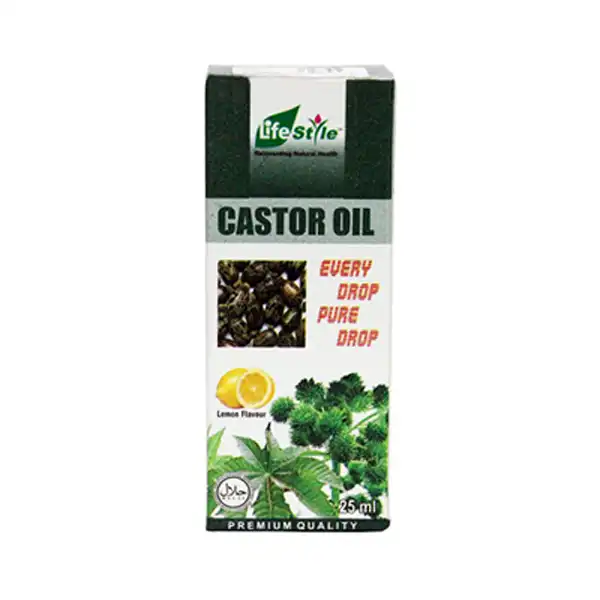
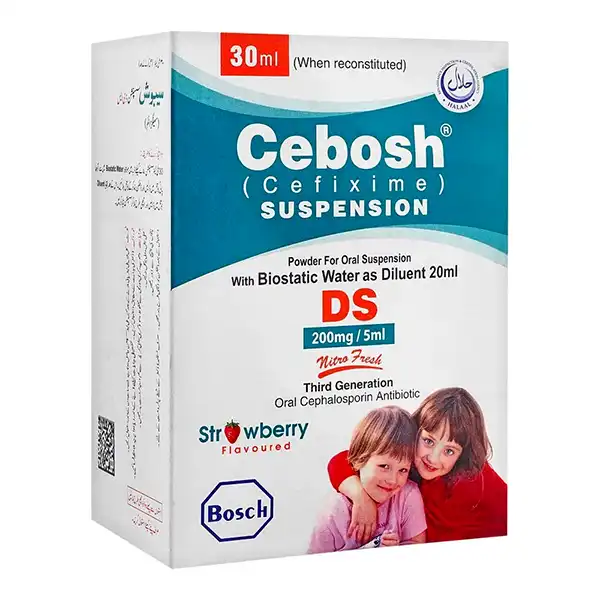
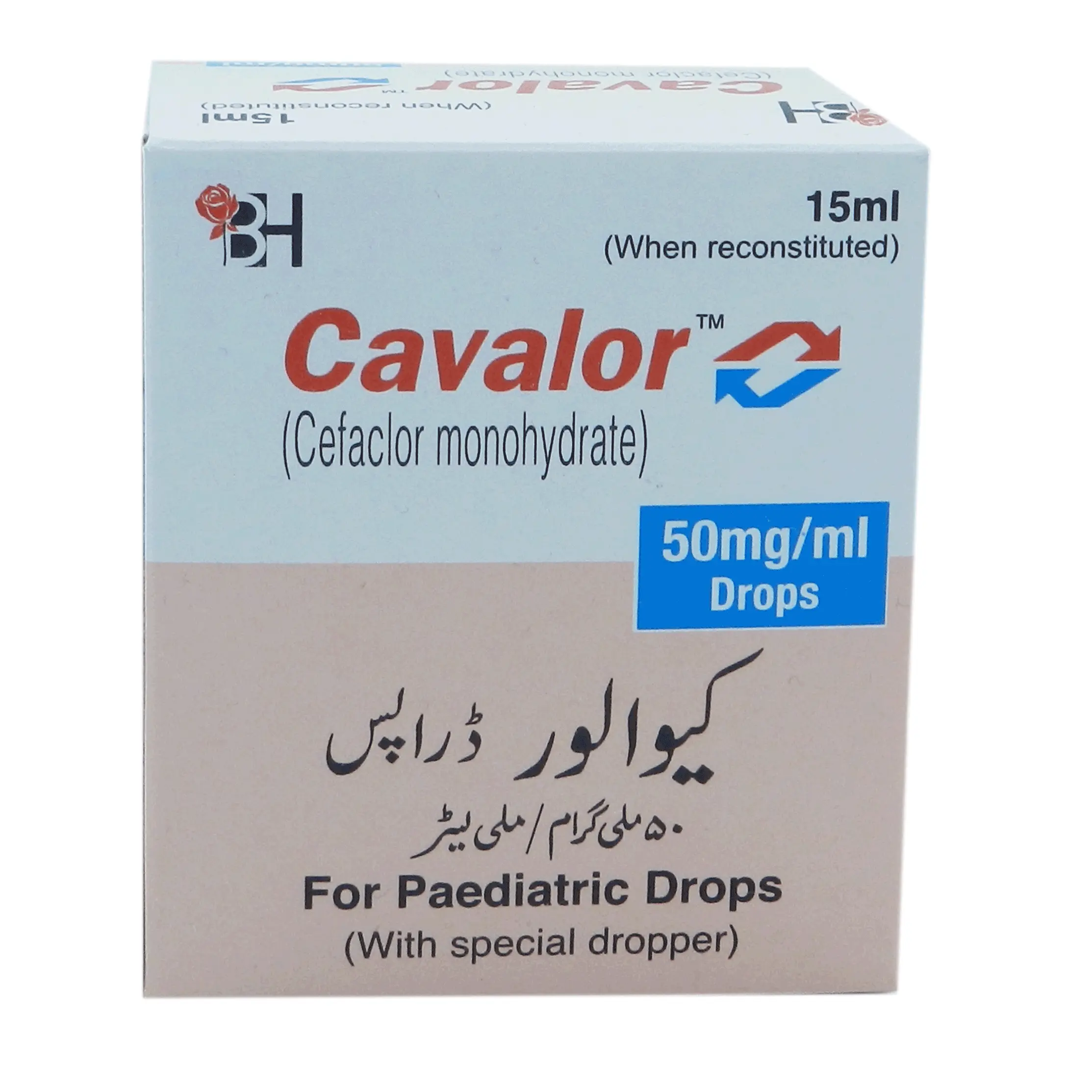

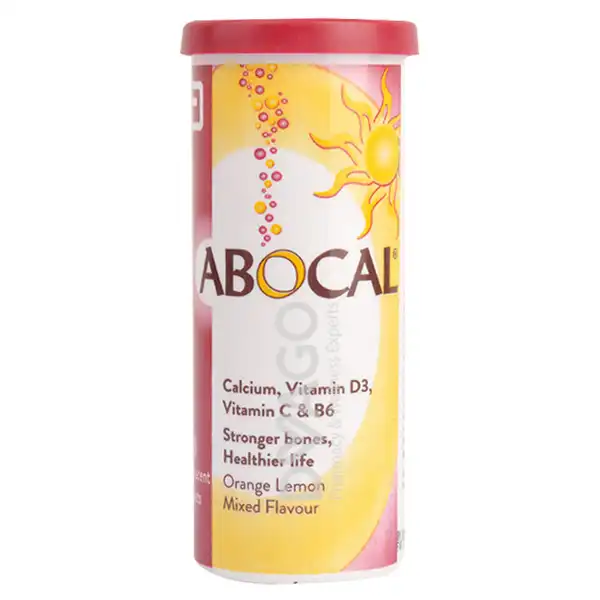

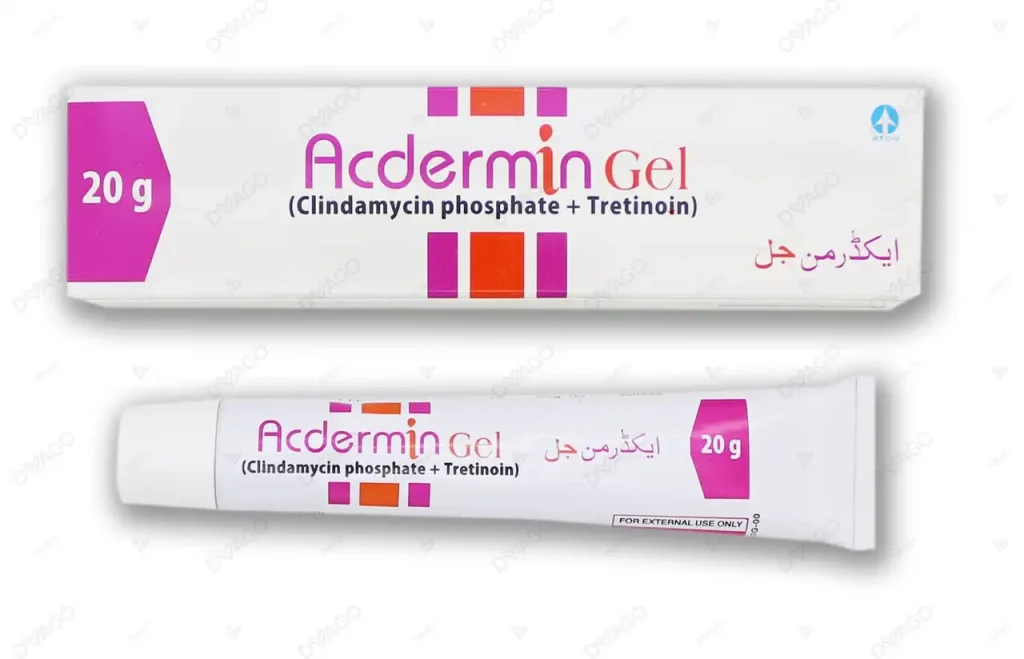
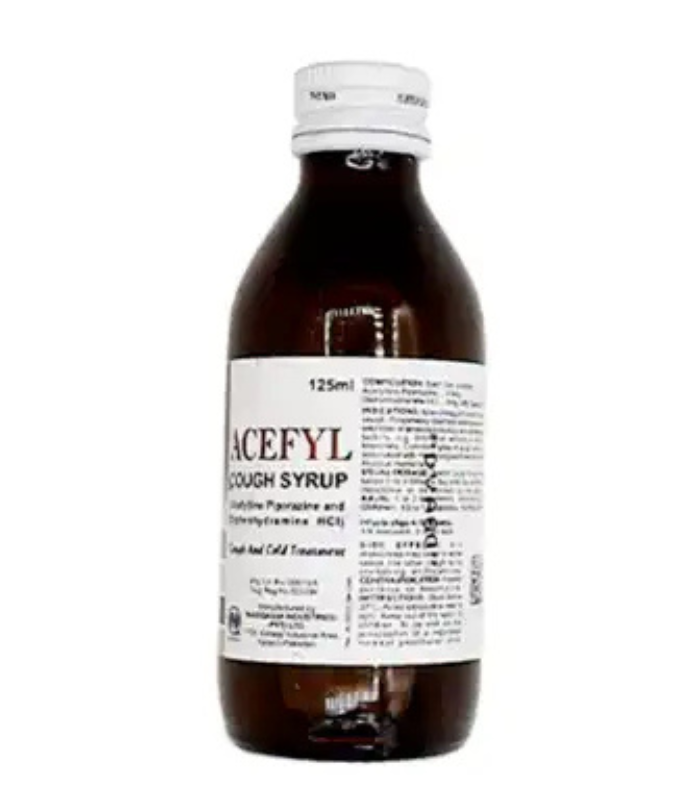
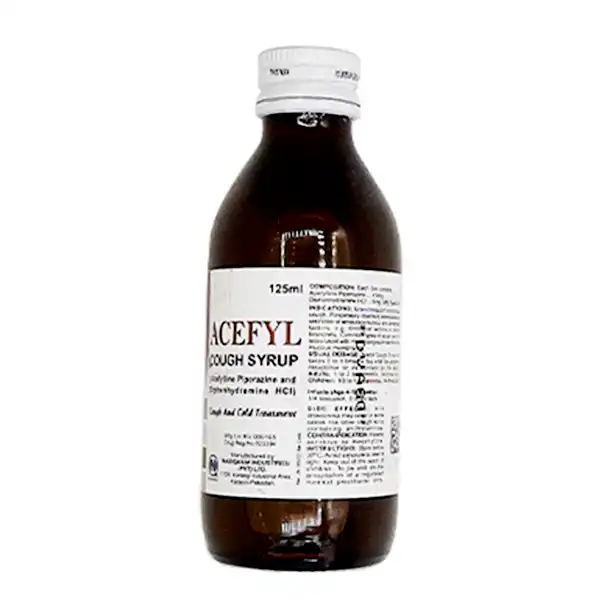
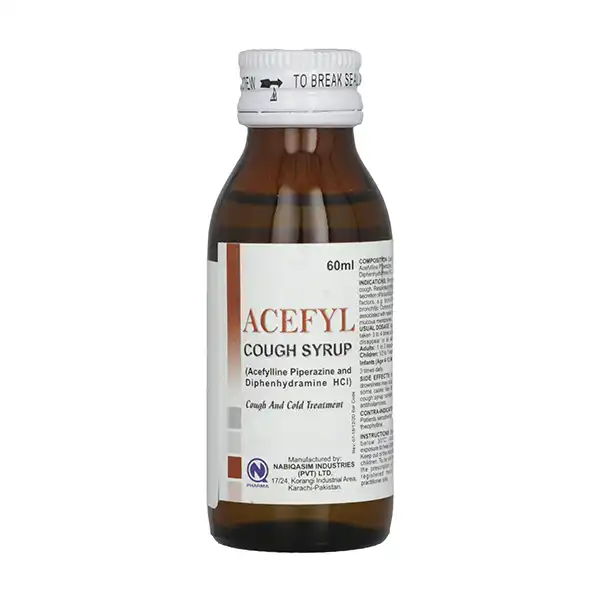
Reviews
Clear filtersThere are no reviews yet.